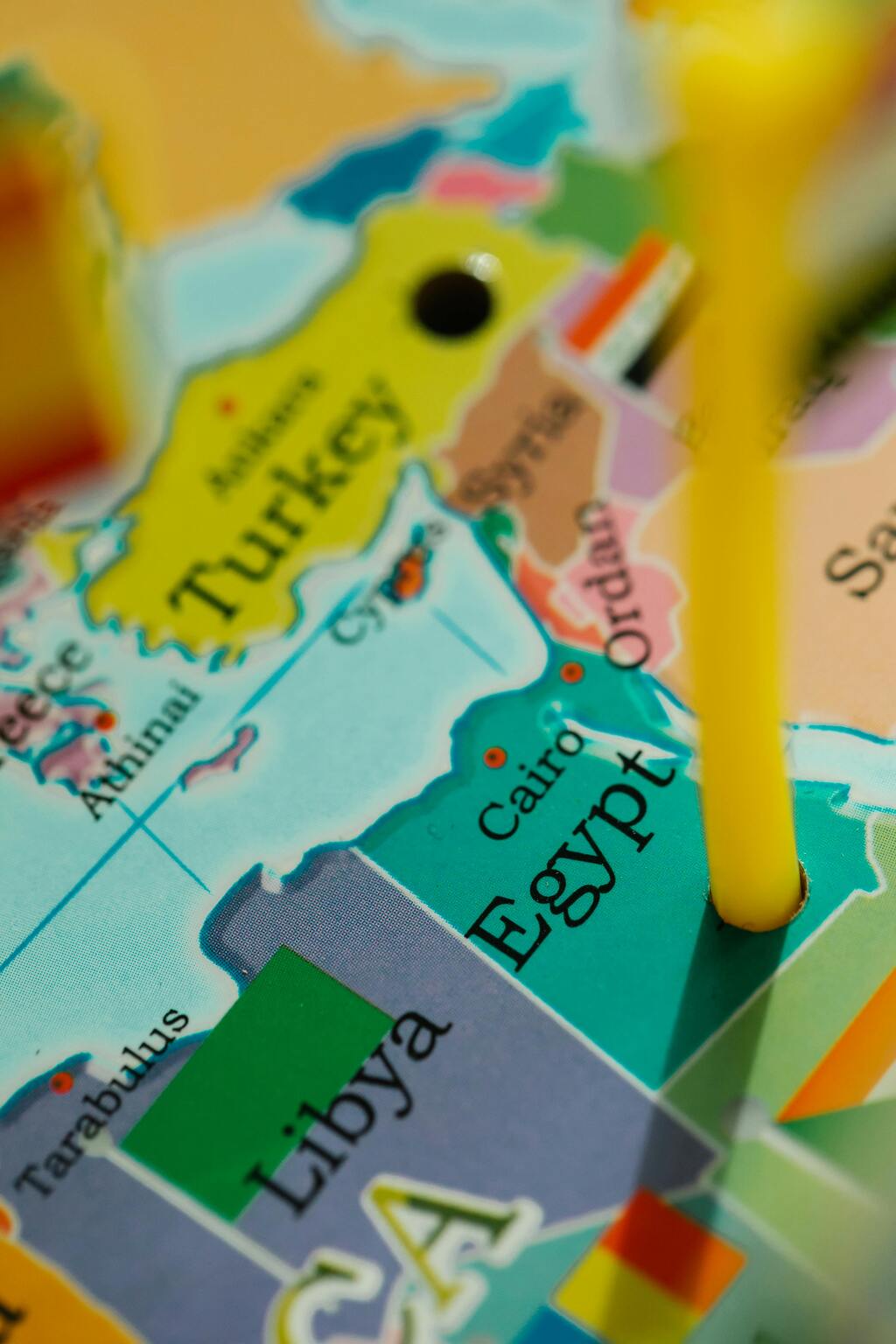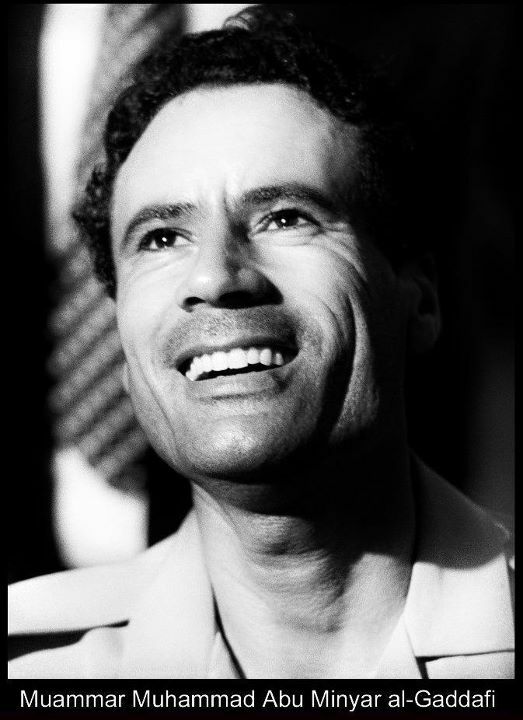
Reflections on Hajj
Hajj is a profound school of life—rich in lessons, reflections, and experiences that cannot be found collectively in any other act of worship. It is a form of worship, but unlike any other. This sacred rite wipes away sins, and the one who completes it returns as pure as the day they were born. Hajj begins when a person bids farewell to their family, children, and homeland, heading toward the sacred House of Allah. In doing so, it’s as if they are saying, “O Lord, I have left all of this for Your sake and come to You in submission—so grant me forgiveness for the sins I carry with me.”
Then comes ihram, when the pilgrim refrains from perfumes, stitched clothing, cutting hair, and other things—abstaining from what is normally lawful. So how, then, could one return to what Allah has forbidden?
Next is tawaf (circumambulation) and remembrance of Allah, as the pilgrim chants, “Labbayk Allahumma labbayk”—“Here I am, O Allah, here I am”—answering the divine call, remembering and thanking Allah as is fitting for His majesty and sovereignty.
At the Black Stone, we witness a symbolic scene: we circle a stone, kiss a stone, and throw stones at another. What makes one stone better than another? It is the divine command that teaches us obedience and surrender.
Then comes the Day of Sacrifice (Yawm an-Nahr)—a reenactment of Prophet Ibrahim and his son Ismail's story. The father tells his son, “O my son, I have seen in a dream that I am sacrificing you, so what do you think?” The son replies, “O my father, do as you are commanded.” This is the pinnacle of submission to Allah.
In the sa’i (the walking between Safa and Marwah), we recall the struggle of our mother Hajar, as she searched for water to save her son from deadly thirst. She exhausted all means and put her trust in her Lord—and was rewarded with the water of Zamzam, from which we drink to this day.
Then comes standing on Mount Arafat, and the descent from it as sins are forgiven at the setting of the sun on that day. What a beautiful moment! Pilgrims return with firm belief that their past sins are wiped clean, replaced by a page of purity, satisfaction, and reward.
Looking at the Hajj as a whole, it is a small representation of the Day of Judgment: everyone wears the same garments, gathered in one place—no Arab is superior to a non-Arab, nor is a white person superior to a black person—except through piety.
Finally comes the farewell—a goodbye to the Kaaba and to Mecca. The pilgrim departs from these sacred lands, forgiven of all past sins, reborn in purity. What a tremendous honor!
But what about those who could not perform Hajj? How can we join this spiritual journey?
Allah has gifted us an alternative: worship during the first ten days of Dhul Hijjah, and especially the fasting on the Day of Arafah. The Prophet Muhammad (peace be upon him) said:
“Fasting on the Day of Arafah—I hope Allah will expiate thereby for the sins of the year before it and the year after it.”
All praise is due to Allah for His endless generosity.
تأملات في الحج الحج مدرسة عظيمة فيه عظات وعبر ومواقف ودروس لا تجتمع إلا في هذا النسك العظيم انها عبادة لكنها ليست كأي عبادة هذه العبادة التي تغفر الذنب ويعود الإنسان منها كيوم ولدته أمه هذه العبادة التي فيها من العبر ما فيها تبدأ من وداع الإنسان لأهله وولده وبلده متوجهاً وقاصداً بيت الله الحرام يترك كل ذلك من أجل رب العالمين وكأنه يقول "أي رب تركت كل ذلك من أجلك واتيتك ملبياً رب فمّن علي بمغفرة لذنوبي التي اتيتك محملا بها". ثم يأتي الإحرام الذي يمتنع فيه الحاج عن مس الطيب وعن لبس المخيط وقص الشعر وغير ذلك مما هو معلوم يمتنع عما أحل الله فكيف به يأتي ما حرم الله بعد ذلك. ثم الطواف والذكر وها هو يلبي نداء ربه »لبيك اللهم لبيك« جئتك يارب ممتثلاً لأمرك أذكرك كما أمرتني وأشكرك كما ينبغي لجلال وجهك وعظيم سلطانك. ونرى مع الحجر الأسود العجاب نطوف بحجر ونقبل الحجر ونرمي الحجر بالحجر فما فضل هذا الحجر على ذاك؟ إنه الأمر الرباني الذي يحتم علينا الانقياد والتسليم. ويأتي يوم »النحر« وفيه استعادة لمشهد سيدنا إبراهيم وابنه اسماعيل جاءه الأب ليقول له »يا بني إني أرى في المنام أني أذبحك فأنظر ماذا ترى«، قال »يا أبت افعل ما تؤمر«، وهذه قمة الانقياد والاستسلام لرب العالمين. وفي السعي بين الصفا والمروة تأملات فهو موقف أُمنا هاجر وهي تبحث عن الماء لانقاذ ولدها من الجوع القاتل فاستنفذت الأسباب وتوكلت على ربها وخالقها فكان الجزاء من رب العالمين إنه ماء زمزم الذي لازلنا نرتوي منه حتى يومنا هذا. ثم الوقوف على جبل عرفة والإفاضة من عليه والذنوب التي قد غفرت مع غروب يوم عرفة وما أجملها من إفاضة والحجاج يجزمون على أنه مغفور لهم ما قدموا ويعتقدون بأنهم طووا صفحة الذنوب إلى غير رجعة واستبدلوها بصفحة ناصعة البياض فيها من الرضا والثواب ما فيها. ثم نظرة شاملة إلى الحج إنه مشهد مصغر من مشهد يوم القيامة الجميع في ثياب واحدة وفي محشر واحد لافضل لعربي على أعجمي ولا لأبيض على أسود إلا بالتقوى. ويأتي الوداع وداع البيت وداع مكة يعود الحاج من هاتيك البقاع وقد غفر له ما تقدم من ذنبه عاد كيوم ولدته أمه فيالها من مكرمة. ولكن كيف نستطيع نحن الذين لم يكتب لنا الحج أن نلحق بالركب؟! لقد ابدلنا الله كل ذلك بالعبادة في الأيام العشرة الأولى من شهر ذي يالحجة ثم بصيام يوم عرفة الذي يقول المصطفى صلى الله عليه وسلم في شأنه »صيام يوم عرفة اني احتسب على الله أن يكفر ذنوب السنة التي قبله والسنة التي بعده« فالحمد لله على كرم الله.
